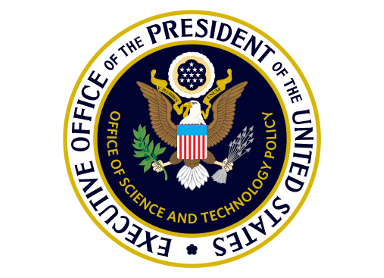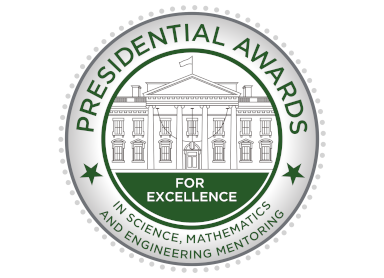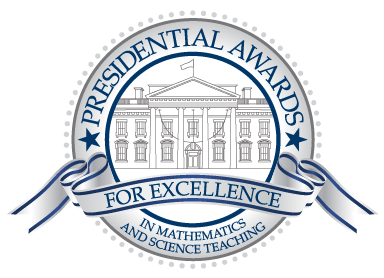Terri Long
North Carolina State University, Department of Plant and Microbial Biology | Raleigh, NC | 2022

What motivates you to contribute to excellence in STEM mentoring?
I am deeply committed to excellence in STEM mentoring because I have consistently experienced the power of intentional, affirming mentorship throughout my career. Having mentors in positions of influence who offered guidance and support has shaped my growth at every stage. I strive to pay that forward, with the hope that my own mentoring efforts will be as meaningful and enduring for others as theirs have been for me.
What has been the most transformative moment that affirmed your impact on the development of the STEM workforce?
Some of my most meaningful and affirming moments as a mentor come when I see students - whose lives have been shaped by the programs I’ve helped design and co-lead - achieve personal and professional success. Whether they are graduating from training programs, launching careers in science and agriculture, advancing to graduate or professional school, or being recognized for their accomplishments through initiatives I’ve supported, these milestones are powerful reminders of the long-term impact of sustained, thoughtful mentoring. These moments reinforce my commitment to mentoring not just as a professional responsibility, but as a deeply rewarding and lasting contribution to the future of STEM.
Using your platform as a Presidential Awardee, how do you hope to advance our nation in STEM?
As a Presidential Awardee, I will use this platform to advance translational plant science and bridge the rural–urban divide by mentoring students to connect discovery with real-world agricultural impact. I aim to expand access to STEM through inclusive programs that link research, education, and community engagement, while advocating for mentorship as a catalyst for national progress in food, climate, and sustainability.
Biography
Terri Long, Ph.D. is a Professor in the Department of Plant and Microbial Biology at North Carolina State University. She earned her B.S. in Biology from the University of North Carolina at Chapel Hill and her Ph.D. in Molecular Genetics from the University of Georgia. She completed postdoctoral research at Duke University before joining NC State in 2011. At NC State, Dr. Long teaches Plant Physiology and leads a research program focused on molecular mechanisms regulating nutrient homeostasis in plants. She has trained over 30 undergraduate and graduate students and postdocs, and mentored dozens of K–12 students through hands-on lab outreach. She has expanded access to STEM through programs that support student achievement and engagement. She co-launched the NSF-funded Interdisciplinary Biochemistry Master’s Program and co-founded the North American Arabidopsis (NAASC) Inclusivity Scholars Program, which offers mentorship and travel support to early-career scientists. In partnership with NAASC and the American Society of Plant Biologists, she led Changing Cultures and Climates, a global initiative promoting a more equitable and welcoming global plant science community. This work inspired Front and Center, a campaign celebrating the contributions of Black, Indigenous, and Latine scientists. Currently, as Platform Director for Education and Workforce Development for the N.C. Plant Sciences Initiative, Dr. Long leads statewide programming that reaches thousands of students. Her work spans K–12 field trips and outreach programs, as well as workforce development efforts for graduate and professional students, including the NSF Research Traineeship, GRAD AID for Ag, which prepares students to work at the intersection of plant science, agriculture, and artificial intelligence.
High-resolution version of the teacher profile photograph
The views expressed in awardee profiles are those of the author and do not necessarily reflect the views of NSF or the PAESMEM program.



